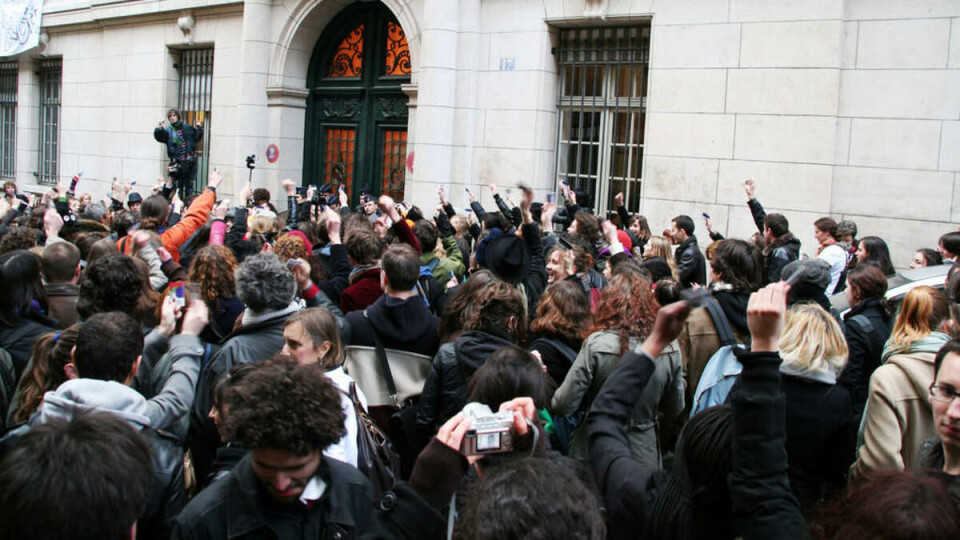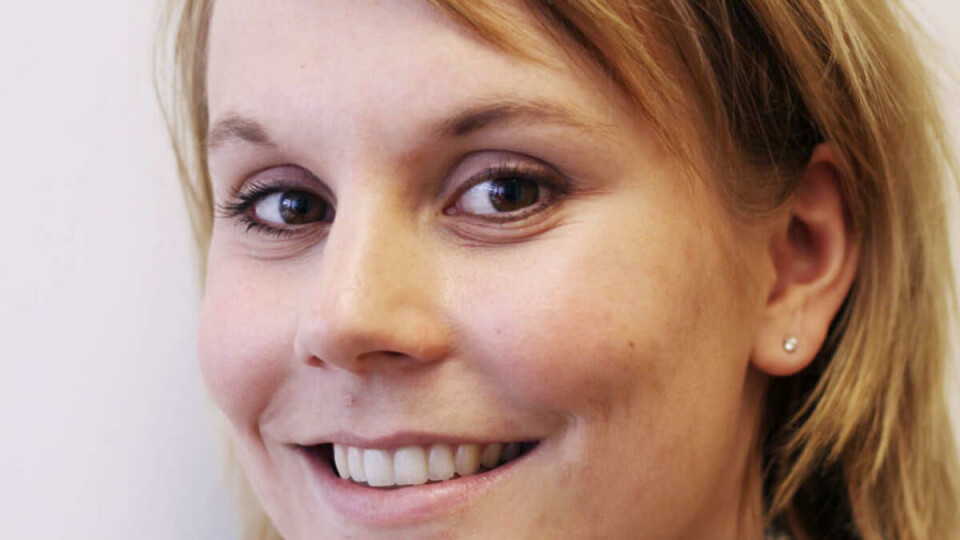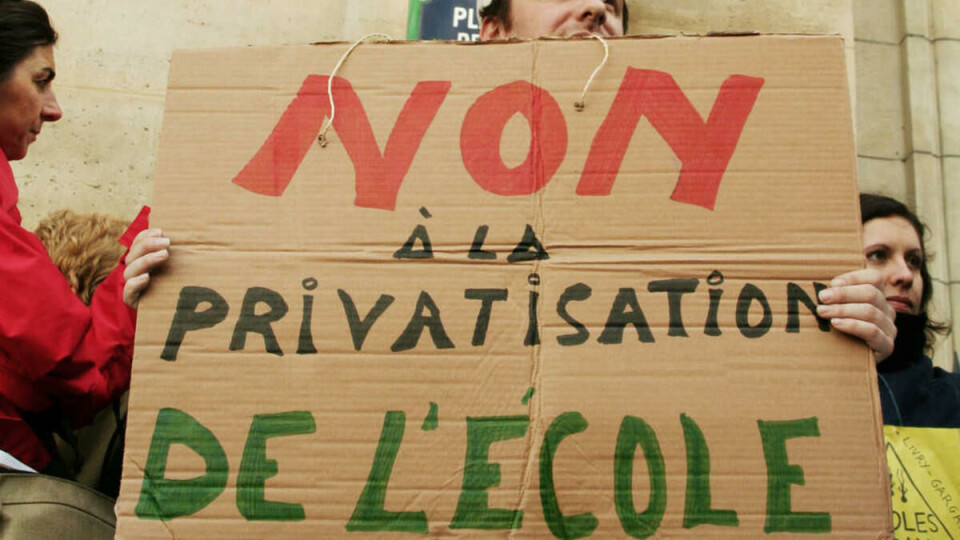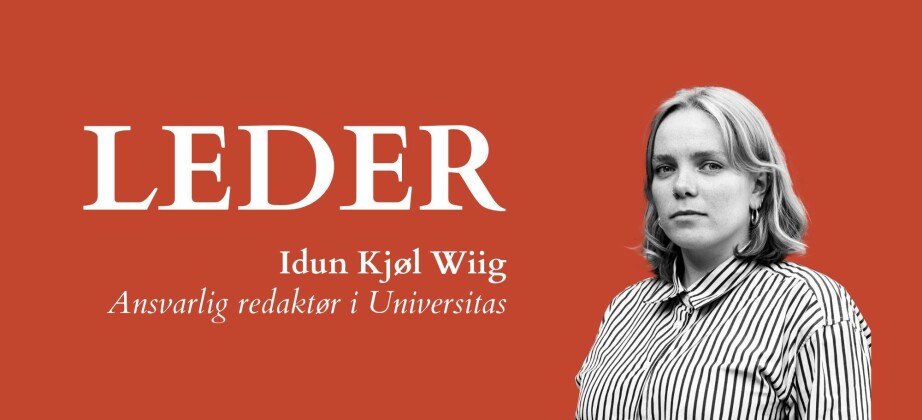
A free Sorbonne
I was supposed to study in Paris this spring. A strike lasting three months put a stop to that.


Symbolic funerals for higher education. Students occupying the university building. Demonstrations attended by thousands. Police officers bursting in with shields, batons and tear gas. That is what the spring semester of 2009 has been like at the oldest university in Paris, La Sorbonne.
Both staff and students at the university have been on strike since February 2nd. Students of political science at Sorbonne have not had any teaching for the last three months, other students have had a reduced amount of teaching. It is still unsure whether exams will be held, and if so, when.
The strike is the result of widespread dissatisfaction with a 2007 bill regarding universities. Students and university staff fear that the new law, which is to come into full force in 2013, could result in dismissals, fewer appropriations to universities, and a more segregated education system.
Matters reached a head in January, with the suggestion that teaching and research should be more clearly separated for some staff. This was the final straw for students, as well as university employees, who felt that the suggestion would lead to a deterioration in the level of teaching. And the solution – à la francais: – dress in black, burn the education bill and stop all activity until the minister of national education gives in and retracts the bill. Alternatively: protest for three months in the knowledge that it is no use (pleased to be able to show your dissatisfaction), throw in the towel, and resume teaching as normal.
Not surprisingly, the latter is most descriptive of the strike, and this week the wheels have slowly been put in motion, and some teaching has resumed. A few commas have been moved in the bill, but apart from that, everything is the same as in January (minus those three months).
The intense enthusiasm students have shown may have something to do with the situation that Sorbonne is already in. Despite a beautiful exterior, the interior of the building is so run down that where window latches have fallen off, chairs are used to keep the windows shut.
The fact that Sorbonne, one of the thirteen universities in Paris, is on strike is no coincidence either. The old university, which was originally a rather conservative institution, has been a symbol of student uprisings since 1968. It was here that the riots of ’68 began, before spreading to the streets of Paris. France is a country that respects their history, their revolutions and their riots – a country where everyone knows that lemon helps against tear gas.
If I have learnt about anything in Paris, then it is French strike culture. Striking is the French way of making your opinion heard. You do not discuss, do not compromise. You make placards and take to the streets. Since January there have been two so-called «grèves générales», days when more or less all state employees go on strike. These days are a bit like the Norwegian national day – only without flags and national costumes. People stand on streets corners and take pictures of the demonstration. There is excitement in the air, and people eat hot dogs and candy floss. Vive la grève!
The French seem to love their strikes – while I as a Norwegian wonder where the state conciliator is hiding. Because I have come to learn that forced mediations do not happen in France, I have returned to the University of Oslo to take my exams. The last few weeks I have been cramming Nordic politics in Paris, and believe it or not, it has not been too bad. Partly because Scandinavian politics suddenly seem very simple and sensible, but mostly because wine is three Euros a bottle, there are pink blossoms on the trees, and I got sunburned in March.
Despite everything, Spring in Paris is an easy enough cliché to live with – with or without Sorbonne, and with or without the history of party politics in Iceland.
































